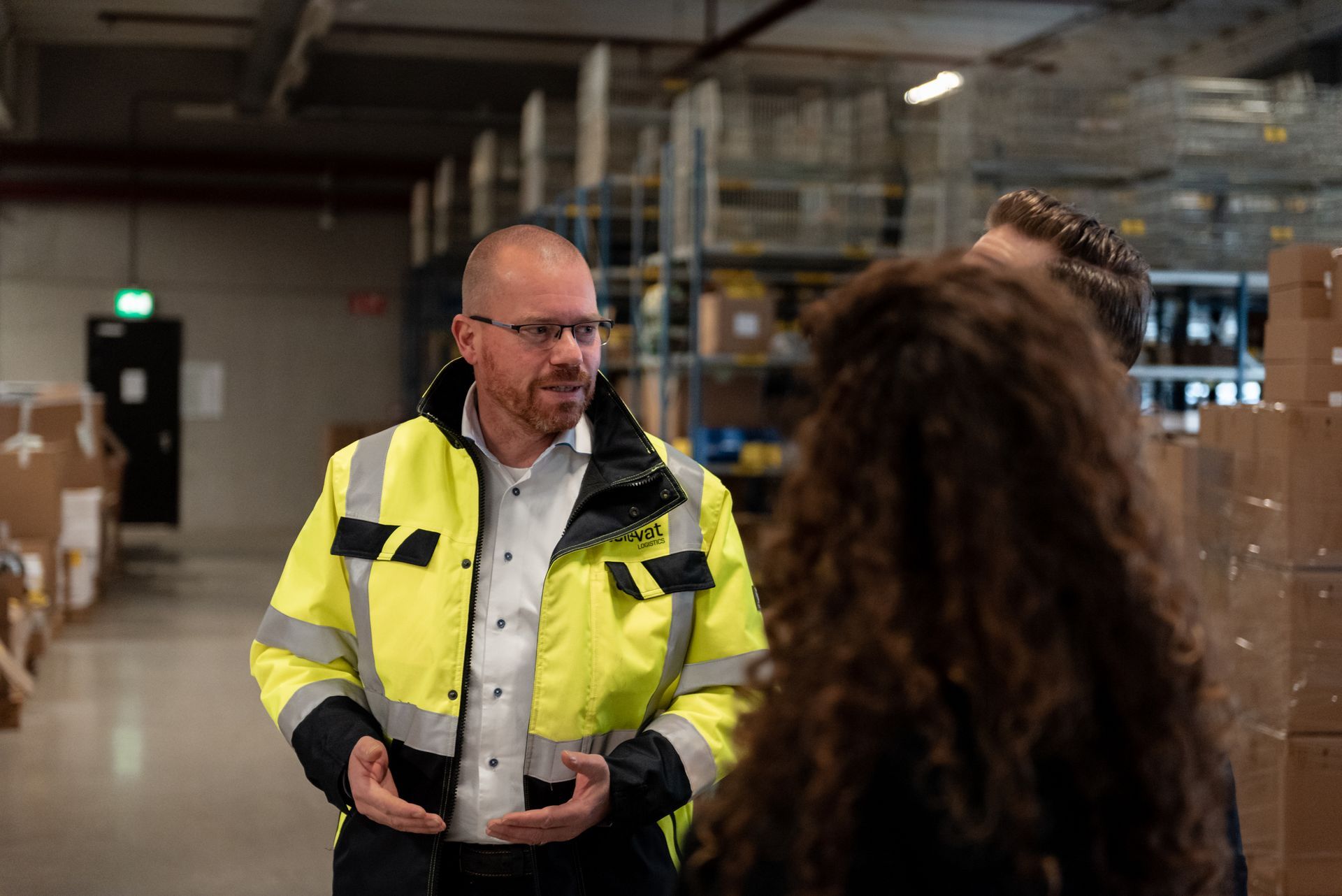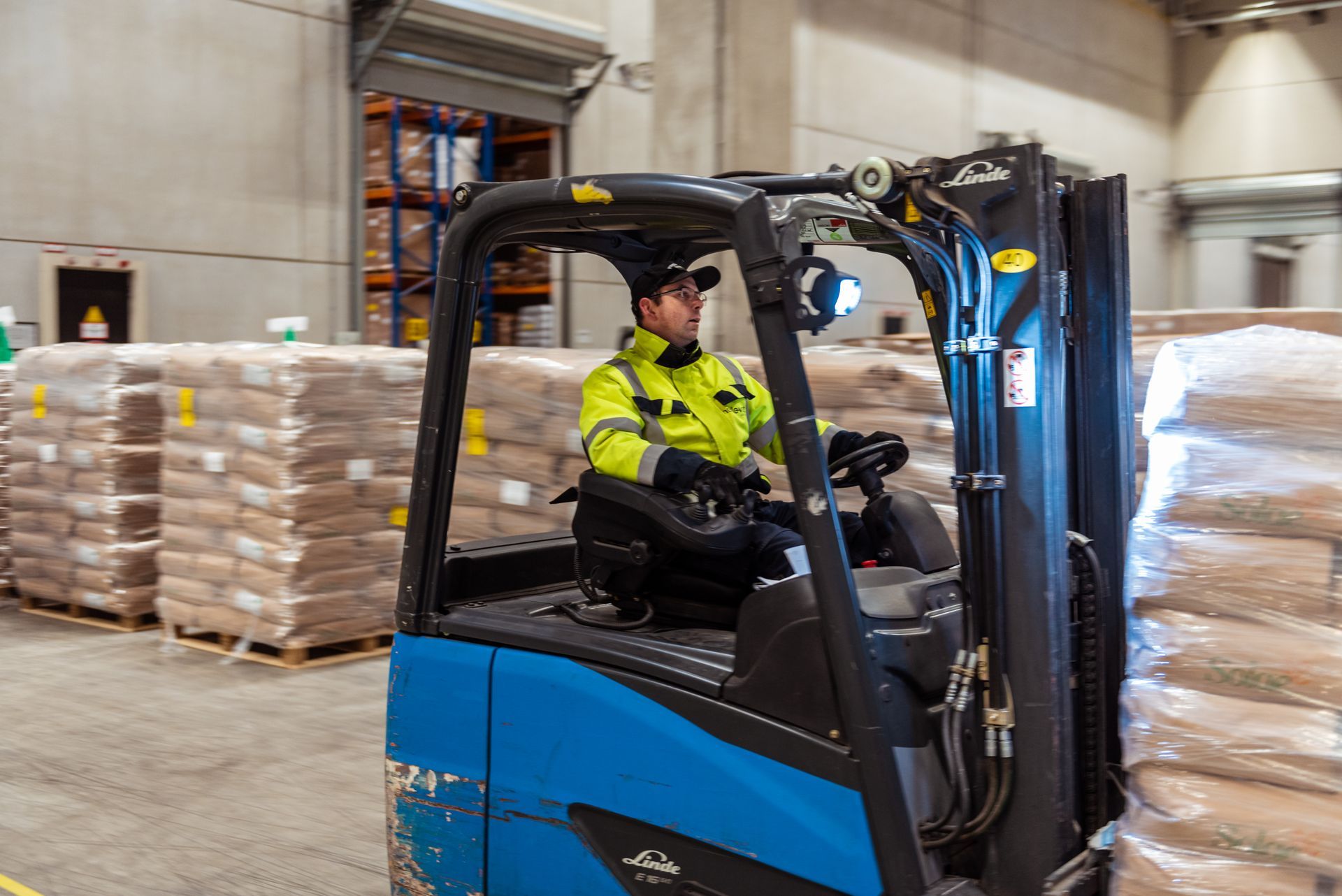Work effectively with customers, suppliers, shippers and more: tops and tricks
Maintaining relationships with other stakeholders is very important but can prove a challenge at times. However, when done properly, working with others can mean getting things done faster, managing risks and increased transparency.
The logistics industry is a team effort involving different groups of people. Some of them have a big impact. Logistics experts must ensure that products are delivered efficiently, in good condition and on time. But this can only work if they have good relationships with their partners, whether they are suppliers, customers, shippers and so on. In this blog, we will show you some strategies' on how to achieve relationships that last.
Engaging Customers
Your customers' happiness can lead to repeat business, positive referrals and a strong reputation. Their feedback can drive inventory decisions and impact your company’s overall strategy. Given this understanding and fulfilling their needs as well as staying in touch with them is fundamental to the success of your logistics operations. Here are a few ways you can do just that:
Transparency
When there are any delays, setback or issues which there invariably will be, you need to be straightforward and provide timely updates. Always approach problems that arise with a solution-oriented mindset and resolve conflicts professionally. Establish clear channels of communication (like Whatsapp groups, email groups, or even a software tool that facilitates that) and be responsive to their inquiries. Create ways for feedback to be shared, like online surveys and have an active and strong customer support network.
Alignment
There is no point in having a service that doesn’t serve your customers. You need to tailor your operations to your customers' individual needs. Distributors and LSP’s can offer customized packing solutions for their products, implementing specialized handling for fragile cargo for example. Additionally, they can offer personalised delivery options, flexible, same day and next day for time sensitive customers. Be accommodating to your customers when it comes to last minute changes or unforeseen requirements.

Government and Regulatory Authorities
These are powerful players, so it is crucial to have a good relationship with them. Keep in touch with them regularly and keep in their good books. Do this by ensuring that your operations comply with relevant laws and regulations. Dealing with them can be time consuming and bureaucratic so remember to keep patient and persistent.
Make sure to have the necessary documentation and information when needed in an organized and timely manner when requested. If regulations seem complex, consider hiring consultants or legal counsel so they can provide valuable guidance. Make sure your own team is in the loop with regular training sessions.
Keep informed with any changes from their side by joining industry associations, which provide insights into upcoming government policies. Check their official website and sign up for newsletters and email alerts for updates on customs, changes in laws and tariffs.
Suppliers
A tip for dealing with suppliers is to focus on standardization. This can be done by having them all follow detailed checklists especially for cargo inspections. This easy task helps everyone follow their rules, and it's good for avoiding or keeping records of any cargo damage claims.
Just like with everyone else you need to maintain open lines of communication with your suppliers. Give regular updates on orders and make sure your payments to suppliers are timely to strengthen your relationship with them. Conducting regular performance reviews is also a good idea. Try to keep quality standards to the maximum level by conducing regular quality checks and audits.
Distributors and Wholesalers
It is important to take the time to understand your distributors and wholesalers’ business models as well as their challenges and goals. The communication with these parties needs to be super quick if it is going to work well.
Make sure to check emails regularly and select which online platform is the best suited for staying connected. Maybe creating a WhatsApp group is a solution for you. Using cloud-based technologies with their ability to share easily are also a useful tool to have for end-to-end supply chain visibility.

Reliability is super important so if it's in your role make sure you always deliver on time and in perfect condition. This will build confidence in your abilities; this will be useful for when you work together and share data and insights.
Another tip when working to stay on top of things and plan is to provide detailed reports on your inventory levels, order fulfilment along with other key performance indicators. Continuously optimize your warehouse operations to ensure the efficient handling of the cargo as well as the safety of employees.
Collaboration is not a choice but a necessity. You can take it to the next level by having all your stakeholders operating within one single digital platform. This promotes supply chain transparency and fosters stronger relationships.
Learn more about it
here.





